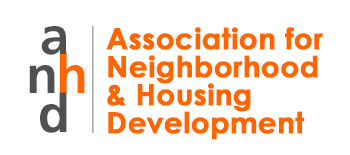Currently pays city whopping $75 million for security and sanitation
The Daily News reported 8/16 that NYCHA Chairman John Rhea and the Bloomberg Administration are supporting major changes in the governance of NYCHA, including ending the paid board positions and expanding an unpaid board. Depending on the details, this may be a good step. Rhea is also finally releasing the now infamous consultant report advising the Authority to undertake a much-needed overhaul of its operations. We look forward to hearing from community organizers about the results.
But the Bloomberg Administration – and next mayor – must do far more. As per ANHD’s August 15 blog,, a major cause of NYCHA’s problems is the chronic under funding of public housing operating subsidies by the federal government. Yes, NYCHA must improve its governance and operations, but this structural under-funding – which has created a $60 million annual operating deficit and a $13 billion gap in much-needed major capital repairs – remain as NYCHA’s greatest challenge.
Here are two things that New York City’s mayor can do to increase resources for NYCHA operations and support NYCHA’s mission and tenants:
- Increase the fairness of NYCHA’s under-funded budget by discontinuing the substantial payments that NYCHA pays the City for policing services and sanitation services. No other landlord in the city is forced to pay for its own security and sanitation, an unjustified $75 million annual charge to NYCHA. In an era of federal cutbacks, these are payments NYCHA can no longer afford if it is to maintain its mission of providing deeply affordable housing.
- Better leverage NYCHA’s vacant land resources. NYCHA is increasingly looking to take advantage of the income-generating potential of vacant NYCHA land by partnering with the Department of Housing Preservation and Development to build additional city-subsidized housing. This is appropriate, but this revenue must be prioritized for the improvement of living conditions for existing tenants. In addition, NYCHA should balance economic and community concerns by maintaining some public control of the land – such as ground leasing – instead of selling it outright. And NYCHA must extend one of the core tenants of public housing—permanent affordability—to all proposed developments.
 ANHD 2016 Building the Community Development Movement
ANHD 2016 Building the Community Development Movement
